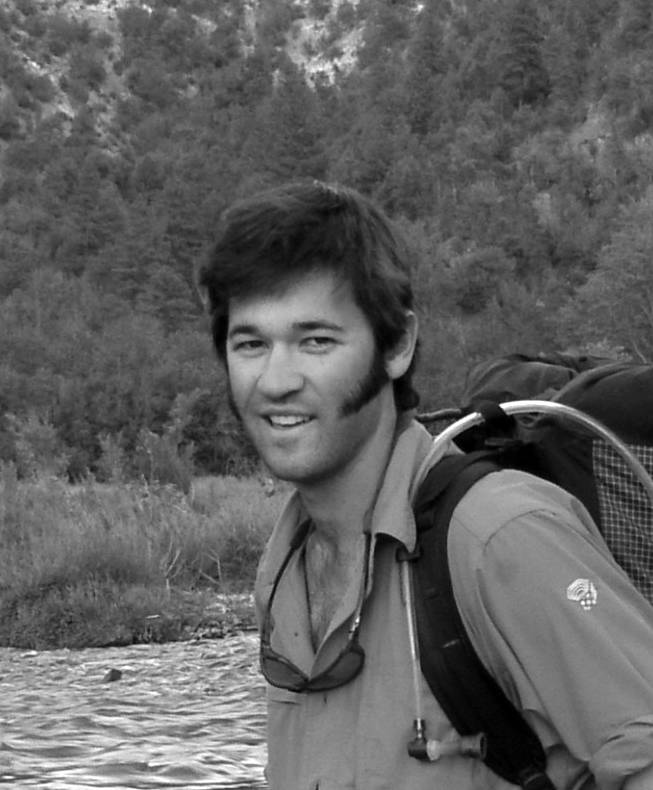This hunting season I was confronted on a personal level with an ethical issue that is more prevalent in our community than I ever would have guessed, the illegal take of wild game. Hunting regulations can be very complicated, and even if they were simple there is a lot of emotion involved in a hunt so mistakes are going to happen. Because of this, the question is not “will illegal game be shot?” it is “how will the hunter and others around them respond when illegal game has been shot?”
The authorities recognize this, which is why the penalty is minimal for a person who makes the ethical choice and self-reports. Still, this is a difficult choice to make because there is so much involved: embarrassment, time, and money. But there is a right and a wrong choice.
There are numerous compelling reasons to hunt ethically: regret, self-integrity, fairness, community respect for hunters, respect for the animals, preservation of the resource, and the science supports it. I try to finish each hunt without regretting any of my decisions which in turn provides self- integrity and self-respect. Anyone who hunts is investing time, money, and energy and they deserve the same chance as the next person.
When people follow the regulations they respect their fellow hunters and they contribute to a fair system. For every illegal bull moose that is shot the chances are high that another hunter decided not to shoot that animal.
Following the rules will also contribute to acceptance from non-hunters. Animals in the wild survive against extreme odds and, out of respect for them and a desire to preserve the resource, humans have established hunting regulations.
Humans have out-competed everything on the planet, and being a successful hunter becomes laughably easy when hunting regulations are ignored. When management guidelines are disregarded, so is the time, money, and resources spent researching and developing those guidelines. The findings of biological studies are used to write hunting regulations which are strict when a population is stressed and can be relaxed when a population is healthy. Ignoring this work marginalizes the ability to effectively manage populations and learn from our management practices.
We can provide an invaluable service to our fellow hunters and fellow community members by helping each other stay honest. When someone is passive when faced with conduct they do not agree with, they enable the disagreeable actions. Voicing disagreement is the beginning to changing people’s perspectives and, potentially, their future actions.
This can be as simple as verbally disapproving of their conduct or as extreme as talking to the authorities. When I was confronted with unethical behavior this hunting season, I chose decisive actions that ended in a just but emotionally difficult conclusion.
I learned a lot from this experience. I learned that regardless of the form that my actions took, the most important element was that I voiced disapproval of unethical hunting practices. I think that this is vital to positive change. This season also taught me to be more exhaustive in my effort to encourage fellow hunters to self-regulate.
Hunting allows for an outdoor experience unlike any other. Make the most of the experience. Respect the resource and keep each other honest.
Louis Maurer is originally from Oregon, has lived in Homer for nine years, and is an avid outdoorsman.


